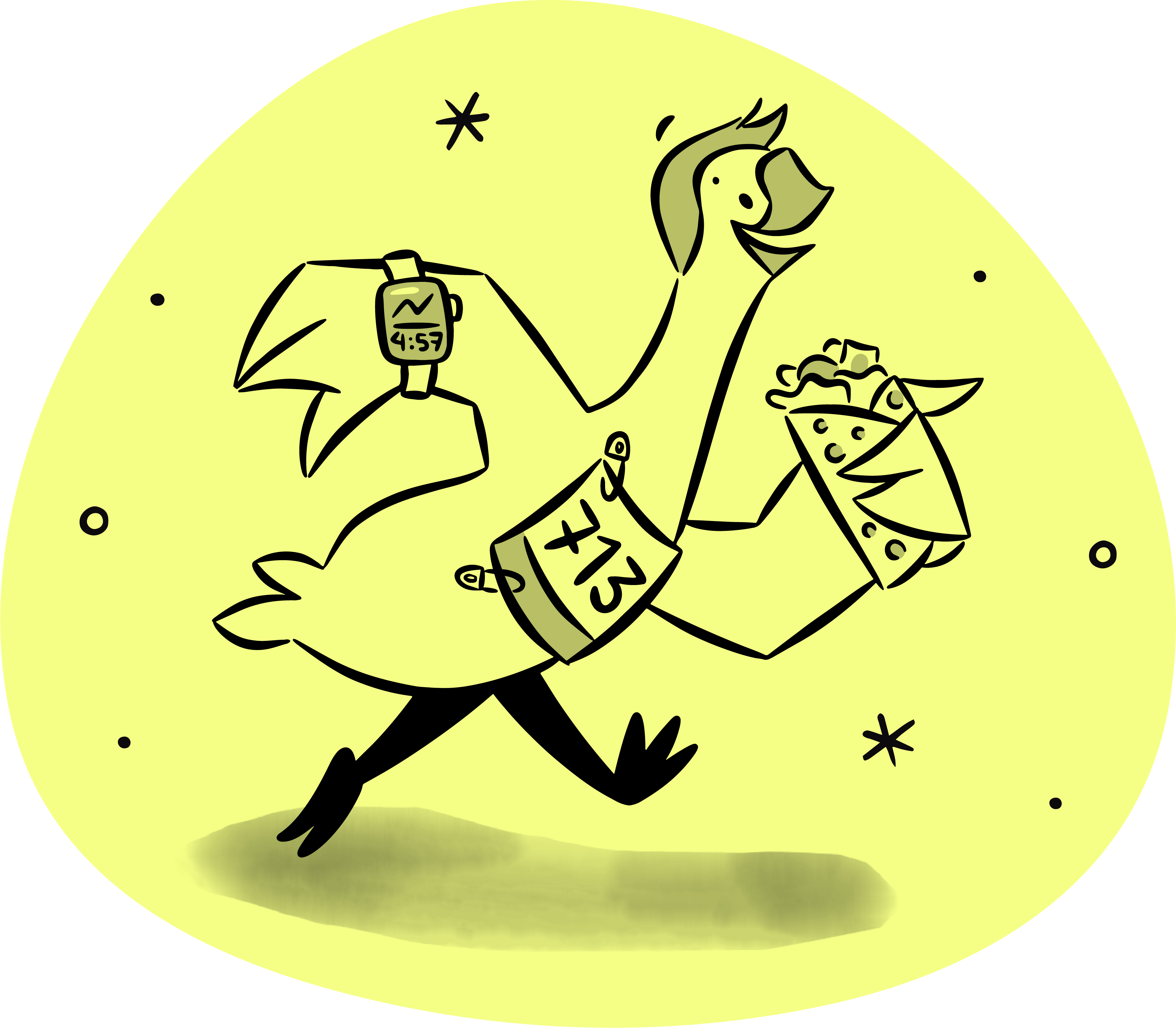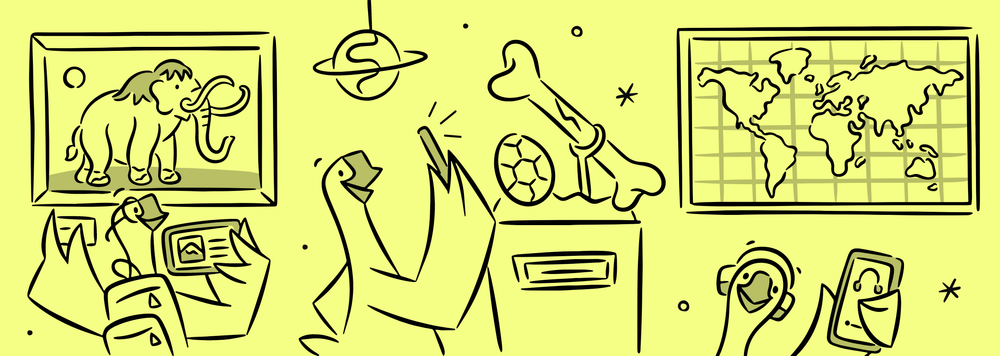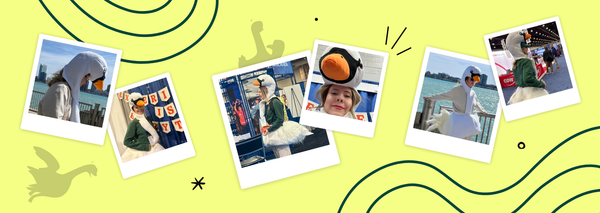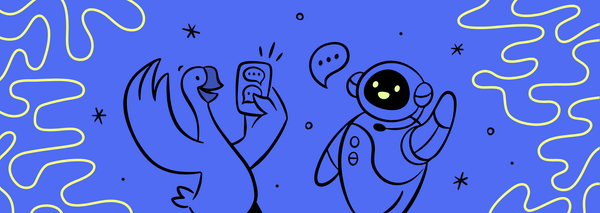The End of Average: Embracing Personalization in Tourism with Tech
In Todd Rose's book "The End of Average", one of my personal favourites, he makes the point that when we design for the average person, we actually design for no one, often to disastrous consequences.
Hey, I’m Andrew, the Co-Founder & Chief Honker (CEO) of Goosechase. I’m someone who is always on the lookout for exceptional experiences. These experiences can take a variety of shapes - visiting cultural institutions, traveling the world, learning new things, running races, or even searching for the world's best burrito (it's about the journey, not the destination). But the one thing they all have in common is that they make the world more fun, playful and human - something I’m immensely passionate about, and want to help others embrace as well!

Should we be looking for the average visitor?
Looking at Rose’s theory from a museum’s perspective, far too often the notion of average still lingers in many museums' approach to their exhibits - we just need to look at all the one-size-fits-all labels scattered across every museum to see that mentality in action.
Interestingly enough, many museums have realized their visitors are different when it comes to the languages they speak or their accessibility level, with labels and audio guides often being translated into a variety of languages and the museum space itself being made more accessible. But for some reason it stops there, and that’s a massive mistake. The uniqueness of visitors isn’t just their language or their physical ability, it’s their specific interests, knowledge levels, preferences and more.
The good news is many museums have already acknowledged the diversity of visitor types, with many thanks to John H. Falk's groundbreaking identification of five main visitor identities: explorer, facilitator, professional/hobbyist, experience seeker, and recharger. The challenge lies in translating this understanding into tangible, personalized offerings. And that’s where technology helps to craft those personalized experiences, tailored for individual exploration instead of a one-size-fits-all approach.
For example, imagine walking into a museum and receiving a personalized guidebook, carefully curated to match your interests and knowledge level. That type of customization at scale wasn’t possible before technology, but we have that kind of personalization in the rest of our lives already for shopping, music, movies, etc. Why not in a museum as well?
Experience is everything
And it doesn’t need to be just information about the collection being personalized either, we can go further to make the entire experience more enjoyable! Picture visiting that same museum, but now on top of receiving a personalized guide based on your interests, you and your group are also given a quest. This quest is perfectly crafted to highlight the exhibits and artifacts that are relevant for you, complete with challenges and mini-games along the way to make everything a little more fun and engaging, similar to what The Smithsonian Air and Space Museum have already launched for visiting school and youth groups.
They offer a variety of standalone interactive experiences for different topics & knowledge levels - teaching students about what Living and Working in Space is like, or incorporating what they know about the relationships between the Earth, Moon and Sun to solve The Mystery of the Shrinking Moon, or even applying aviation concepts to Paper Airplane Design! Each experience is still built on the same incredible museum collection everyone has access to, but the information has been arranged in a fun, playful way that is optimized for the exact visitor profiles that are there. They’re taking the time to think about the collection and figure out how to make specific learning experiences through technology, instead of just delivering the usual fire hose of information for the visitor to decipher on their own.

Admittedly, it’s still early - the personalization efforts we see today are mostly focused on specific profiles (e.g. creating guides and experiences for Grade 6 science classes, explorers interested in women in aviation, etc.) instead of custom curation for every individual, but that’s a great start and still a big leap forward. It allows museums to start building their personalization habits now; and with the capabilities of technology expanding rapidly, especially in artificial intelligence and machine learning, it's only a matter of time before at next level of individual personalization is possible as well.
Integrating a technology layer into the visitor experience is one of the biggest opportunities museums have today, and how all museums will look in the future. It allows such a huge leap forward in personalization and engagement, not to mention data and research, that it’s only a matter of time before the era of designing for the “average visitor” without technology is a thing of the past. And all this technology can be implemented without requiring many, or even any, physical changes to the actual museum setup, minimizing costs while adding tremendous value!
The innovative, forward-thinking museums that adopt technology today, like the Smithsonian, will be the ones providing the most valued, personalized visitor experiences in the future. It’s time for museums to stop designing for the average visitor, and embrace personalization to deliver the maximum impact for each visitor.
What is Goosechase?
At Goosechase, experience is everything. Originally inspired by scavenger hunts, Goosechase is an online platform that enables organizations and schools to engage, activate, and educate their communities through delightful interactive experiences. Sign up and try creating a free recreational Experience, or check out our Pricing!





